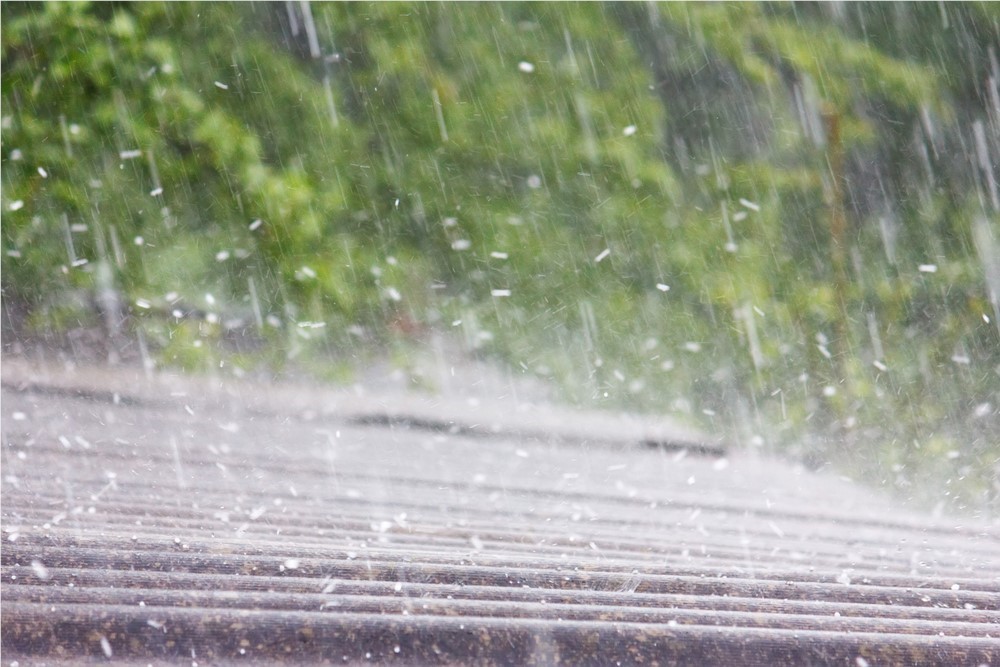That snow and ice on your roof will soon give way to raindrops, so now is a good time to make sure your gutters are ready for the first heavy storm. Early spring rains often fall before the ground has thoroughly frozen, so having your gutters and downspouts in good working order is imp0rtant to ensure that all the water gets directed away from your home's foundation where it's likely to simply pool up and stand, possibly leaking into your basement or causing foundation problems.
Gutters may seem like a minor building component, but they serve a much greater function than keeping the water from dripping onto your head as you come and go from your doorway. Gutters and downspouts - also known as a rain-handling system - perform the important task of directing running water where you want it to go, rather than letting it follow its own path. When rain falls on a roof without gutters, it simply cascades down the side of the house, puddling up at the foundation. That running water can cause problems for the roof edge as well as the soffit and fascia, and most certainly can result in foundation decay and wet basements. Professionally-installed and well-maintained gutters, on the other hand, catch the water and direct it to downspouts, which have extensions on the end to funnel the water out into the yard away from the home. In some cases, homeowners even install rain barrels under the downspouts to catch the rainwater for garden and lawn use. Or you may have a culvert system set up to move the water off your lawn altogether to prevent wet areas and landscape washout.
Spring rains can be heavy, and so we recommend that you have your gutters inspected before the first big storm to make sure that they are in good condition. Winter winds as well as heavy snow and ice can sometimes dislodge or distort gutters, which impairs their functioning. In order for a gutter to work properly, a slow but steady drop toward the downspout opening must be maintained. Any dents can impair that. And what's worse, winter storms might have resulted in holes or cracks in your gutters, meaning the rain will drip (or run, depending on the size of the hole) at the spot of the damage. Lastly, your gutters might be clogged with winter debris such as old decayed leaves.
Your roof protects your home, and your gutters protect your roof edge as well as the outside walls and foundation. Make sure your gutters are ready for spring weather - schedule an inspection today so that you can beat Mother Nature to the punch and get repairs or replacement taken care of ahead of time.
Subscribe to Quarve Contracting's Blog






Comments